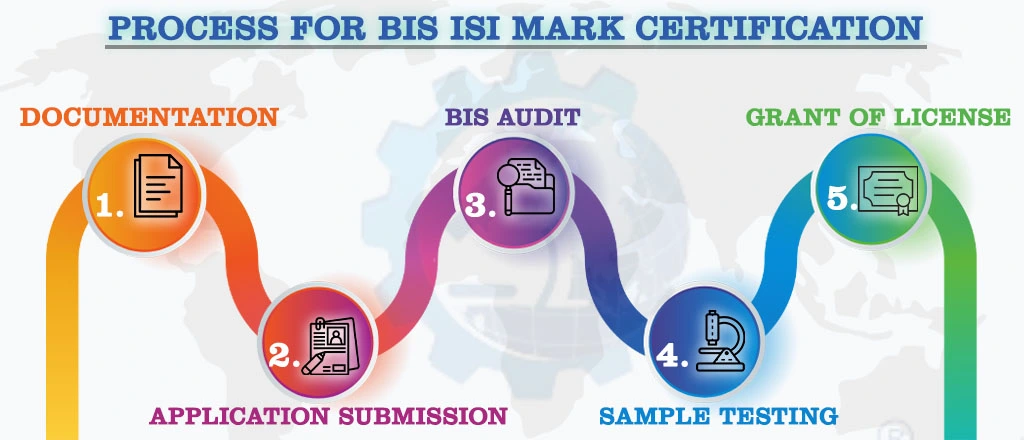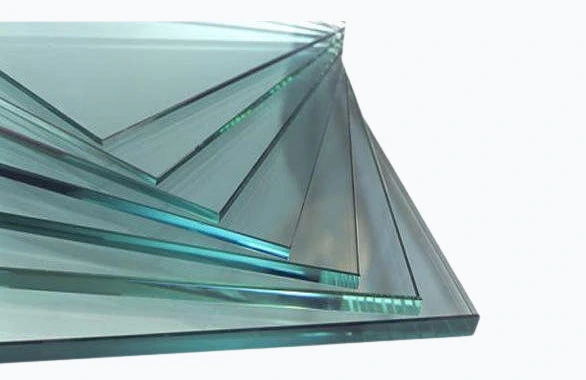BIS CERTIFICATION FOR TRANSPARENT FLOAT GLASS
IS 14900:2018
In this competitive scenario, it isn't easy to survive in the market without a standard quality and certified product. BIS license may also be required to sell products in the Indian market.
To get BIS certification and produce a standard quality product, the manufacturer must ensure that their product must follow the specified Indian standard.
Let's take a closer look at IS 14900:2018 for transparent float glass.
Transparent float glasses are covered under IS 14900:2018. The Bureau of Indian Standards adopted this Indian Standard after the Glassware Sectional Committee's final draught was approved by the Chemical Division Council.
This standard specifies the specifications and the sample and testing methods for flat, transparent, clear float glass with glossy, plain, and smooth surfaces. This standard covers cut sizes or stock sheets that are square, rectangular, or other shapes. This standard does not apply to tinted, coated, frosted, heat-absorbing, or low-light-reducing glasses.
Float glass shall be made by allowing glass from a tank furnace to flow through a bath of molten tin in a regulated environment of nitrogen and hydrogen, resulting in a transparent glass sheet with flat and parallel surfaces for clear, undistorted vision and reflection. Glass thickness shall be measured in line with Annex A. On cut sizes, the length and width of the glass must be measured in accordance with Annex B of the standard. The thickness tolerances must be as defined in the standard. The length and width tolerances on cut sizes must be as specified in the standard.
tests
The following test shall be carried out for transparent float glass.
- Characteristic
- Visual light transmission
- Dimension and tolerances
- Optical faults
- Visual faults
- Bloom
The float glass must be packed in a shock-absorbing material, and they will also be packaged in a wooden case. Each float glass package must be labelled with the information as specified in the standard. Conforming to the requirements of IS 14900:2018, the product may be certified under the terms of the Bureau of Indian Standards Act, 2016 and the Rules and Regulations formulated thereunder, and the product may be marked with the Standard Mark (ISI Mark). The Manufacturer must obtain a BIS license from the Bureau of Indian Standards to use a standard mark (ISI Mark). The BIS grants a license based on a successful assessment of manufacturing infrastructure, quality control, testing capabilities, and production process.

NOTE:
For Detailed Information about the Procedure for BIS ISI Certification
Visit :
• ISI Mark Certification for Domestic Manufacturers• ISI Mark Certification for Foreign Manufacturers
Conclusion:
If a product falls under the scope of the BIS Conformity Assessment Scheme, All the manufacturers, importers, and foreign entities must obtain BIS ISI Certification. The Bureau may cancel the License if the product fails to meet certification requirements.
Aleph INDIA has been serving the industry as a single-window operator for all product regulatory compliance. We can assist importers or manufacturers in meeting all criteria for importing or selling a product in the Indian market.
International Audits & Participation
Testimonials
BIS REGISTRATION FOR ELECTRONIC & IT PRODUCT
In the era of globalization, world trade is growing rapidly and henceforth, Manufacturing and Import/Export businesses are also growing drastically...View More
BIS CERTIFICATE FOR FOREIGN MANUFACTURER
The Economy of India-the fastest developing economy on the globe with the capabilities that help it matches up with the biggest international...View More
PRODUCT CERTIFICATION SCHEME (ISI MARK) FOR DOMESTIC MANUFACTURERS
Anything a person buys from food to cars, clothes to electronics, branded to unnamed products there is always a question that wanders in one’s...View More
WIRELESS PLANNING AND COORDINATION (WPC)
WPC: Wireless means communication done from one point to another point without the wires and cables. Electromagnetic waves carry the ...View More
BUREAU OF ENERGY EFFICIENCY (BEE) CERTIFICATE
BEE CERTIFICATE: Energy is the future, and its conservation is the way of the bright future. Everyone claims the environment is important...View More
E-WASTE MANAGEMENT
E-waste is one of the world's fastest-growing trash streams. We currently manufacture almost 50 million tones of it each year...View More
Request a call back.
Would you like to speak to one of our Senior Technical advisers over the phone? Just submit your details and we’ll be in touch shortly. You can also email us if you would prefer.
BIS REGISTRATION FOR ELECTRONIC & IT PRODUCT
In the era of globalization, world trade is growing rapidly and henceforth, Manufacturing and Import/Export businesses are also growing drastically...View More
BIS CERTIFICATE FOR FOREIGN MANUFACTURER
The Economy of India-the fastest developing economy on the globe with the capabilities that help it matches up with the biggest international...View More
PRODUCT CERTIFICATION SCHEME (ISI MARK) FOR DOMESTIC MANUFACTURERS
Anything a person buys from food to cars, clothes to electronics, branded to unnamed products there is always a question that wanders in one’s...View More
WIRELESS PLANNING AND COORDINATION (WPC)
WPC: Wireless means communication done from one point to another point without the wires and cables. Electromagnetic waves carry the ...View More
BUREAU OF ENERGY EFFICIENCY (BEE) CERTIFICATE
BEE CERTIFICATE: Energy is the future, and its conservation is the way of the bright future. Everyone claims the environment is important...View More
E-WASTE MANAGEMENT
E-waste is one of the world's fastest-growing trash streams. We currently manufacture almost 50 million tones of it each year...View More
View All Services
Request a call back.
Would you like to speak to one of our Senior Technical advisers over the phone? Just submit your details and we’ll be in touch shortly. You can also email us if you would prefer.






























